OVERVIEW
Lavender oil is a popular essential oil known for its soothing and calming properties. It is derived from the lavender plant, scientifically known as Lavandula angustifolia. With its pleasant fragrance and numerous benefits, lavender oil has become a staple in aromatherapy, skincare, and household products.
Introduction
Lavender oil has been used for centuries due to its therapeutic properties. It is obtained through the process of steam distillation from the flowering tops of lavender plants. The oil contains a variety of natural compounds that contribute to its unique aroma and beneficial effects.
BENEFITS
Benefits of Lavender Oil
Promotes Relaxation and Sleep: Lavender oil is well-known for its calming effects on the mind and body. It can help reduce anxiety, stress, and promote better sleep quality when used in aromatherapy or added to bathwater.
Relieves Skin Conditions: Lavender oil has anti-inflammatory and antiseptic properties, making it beneficial for various skin conditions. It can help soothe irritated skin, reduce redness, and alleviate itching. It is often used in skincare products for its ability to promote healthy-looking skin.
Eases Headaches and Migraines: Applying diluted lavender oil to the temples or inhaling its aroma can provide relief from headaches and migraines. Its relaxing properties help reduce tension and alleviate pain.
Supports Hair Health: Lavender oil can be beneficial for maintaining a healthy scalp and promoting hair growth. It helps soothe scalp conditions like dandruff, itchiness, and dryness. Adding a few drops to shampoo or applying it as a scalp treatment can improve the overall health and appearance of hair.
Natural Insect Repellent: The scent of lavender oil acts as a natural deterrent for insects like mosquitoes and flies. It can be used as an alternative to chemical-based repellents, providing protection against insect bites.
INGREDIENTS
Ingredients of Lavender Oil
Lavender oil consists of several key components, including linalool, linalyl acetate, terpinen-4-ol, and camphor. These compounds give lavender oil its characteristic scent and contribute to its various therapeutic properties. The precise composition of lavender oil can vary depending on factors such as the species of lavender and the extraction process.
GUIDE
How to Use Lavender Oil
There are several ways to incorporate lavender oil into your daily routine. Here are some popular methods:
Aromatherapy: Add a few drops of lavender oil to a diffuser or inhale the scent directly from the bottle. This can help create a calm and relaxing atmosphere, especially before bedtime.
Massage: Dilute lavender oil with a carrier oil such as sweet almond or coconut oil, and use it for a soothing massage. This particular method offers the potential to alleviate muscular tension and foster a state of deep relaxation.
Bath: Add a few drops of lavender oil to your bathwater for a luxurious and calming soak. The aroma will help relax your mind and body, providing a spa-like experience.
Skincare: Incorporate lavender oil into your skincare routine by adding a few drops toyour facial cleanser, moisturizer, or face mask. It can help soothe and nourish the skin, promoting a healthy complexion.
Haircare: Mix a few drops of lavender oil with your favorite carrier oil, such as jojoba or argan oil, and massage it into your scalp. For optimal results, it is recommended to keep it applied for several hours or even overnight before rinsing it off. This can help nourish the scalp, promote hair growth, and add shine to your locks.
Insect Repellent: Create a homemade insect repellent by mixing lavender oil with water and a few drops of other essential oils like citronella or lemongrass. Transfer the mixture to a spray bottle and use it to repel insects when spending time outdoors.
Remember to perform a patch test before using lavender oil topically and consult with a healthcare professional or aromatherapist if you have any specific concerns or medical conditions.
Frequently Asked Questions (FAQ)
Q. Is lavender oil safe to use?
A. Lavender oil is generally considered safe for most people when used as directed. Nevertheless, certain individuals might encounter allergic responses or skin irritation. It is recommended to do a patch test before using it topically and discontinue use if any adverse reactions occur.
Q. Can lavender oil be ingested?
A. While lavender is used in culinary applications, it is important to note that lavender oil is highly concentrated and should not be ingested without the guidance of a qualified professional. Ingesting large amounts of lavender oil can be toxic.
Q. Does lavender oil have any side effects?
A. When used properly, lavender oil is generally safe and well-tolerated. However, some individuals may experience mild side effects such as skin irritation, headache, or nausea. In the event of any unfavorable reactions, it is advisable to cease usage promptly
Q. Can lavender oil be used during pregnancy?
A. During pregnancy, it is crucial for expectant mothers to approach the use of essential oils, including lavender oil, with caution. It is highly recommended to seek guidance from a healthcare professional prior to incorporating them into their routine.
Q. Where can I purchase lavender oil?
A. Authentic lavender oil is available for purchase exclusively on our online store.
In conclusion, lavender oil is a versatile and beneficial essential oil with a wide range of uses. From promoting relaxation and sleep to relieving skin conditions and supporting hair health, lavender oil offers numerous benefits. Remember to use it safely, dilute it properly, and enjoy the soothing aroma and therapeutic effects it provides.


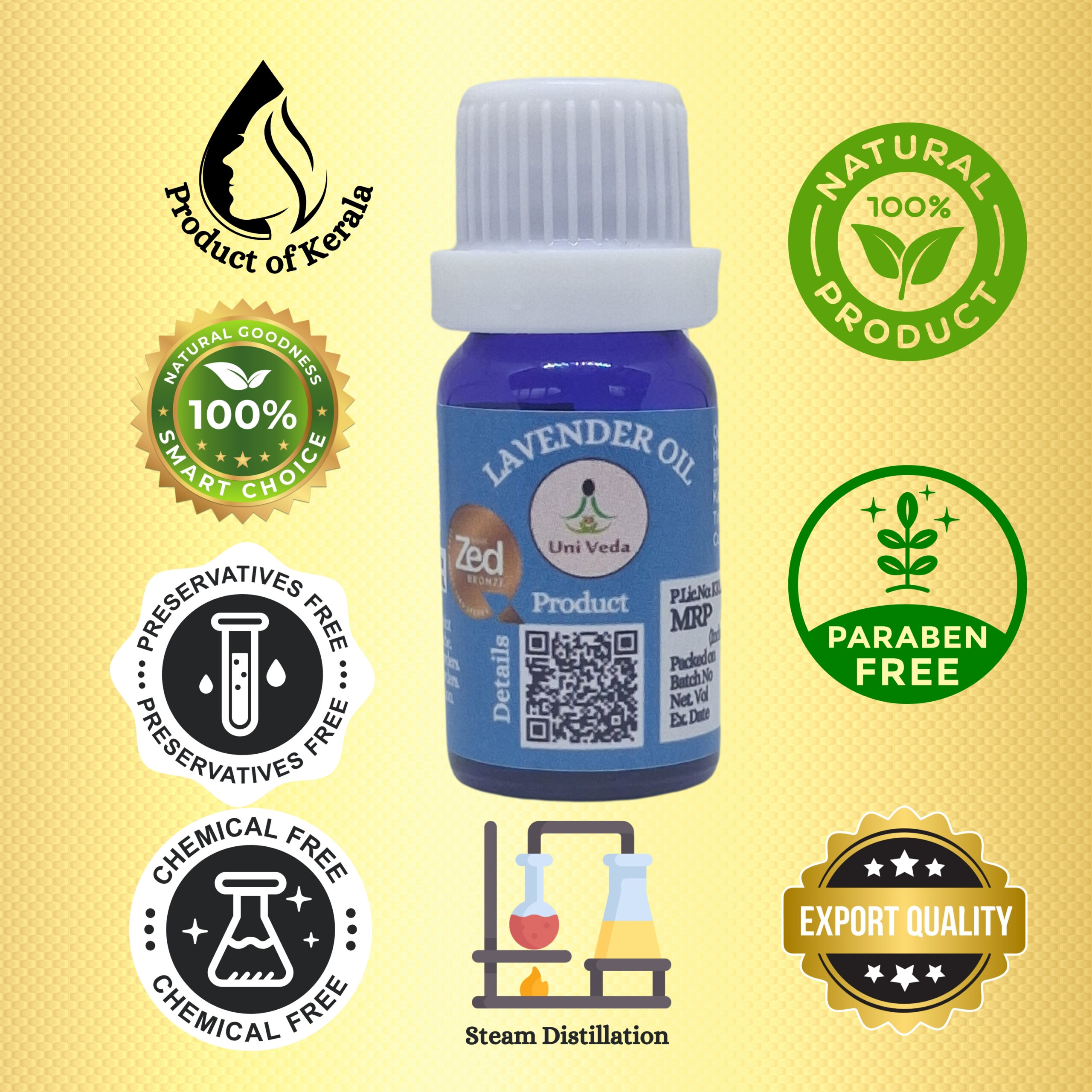
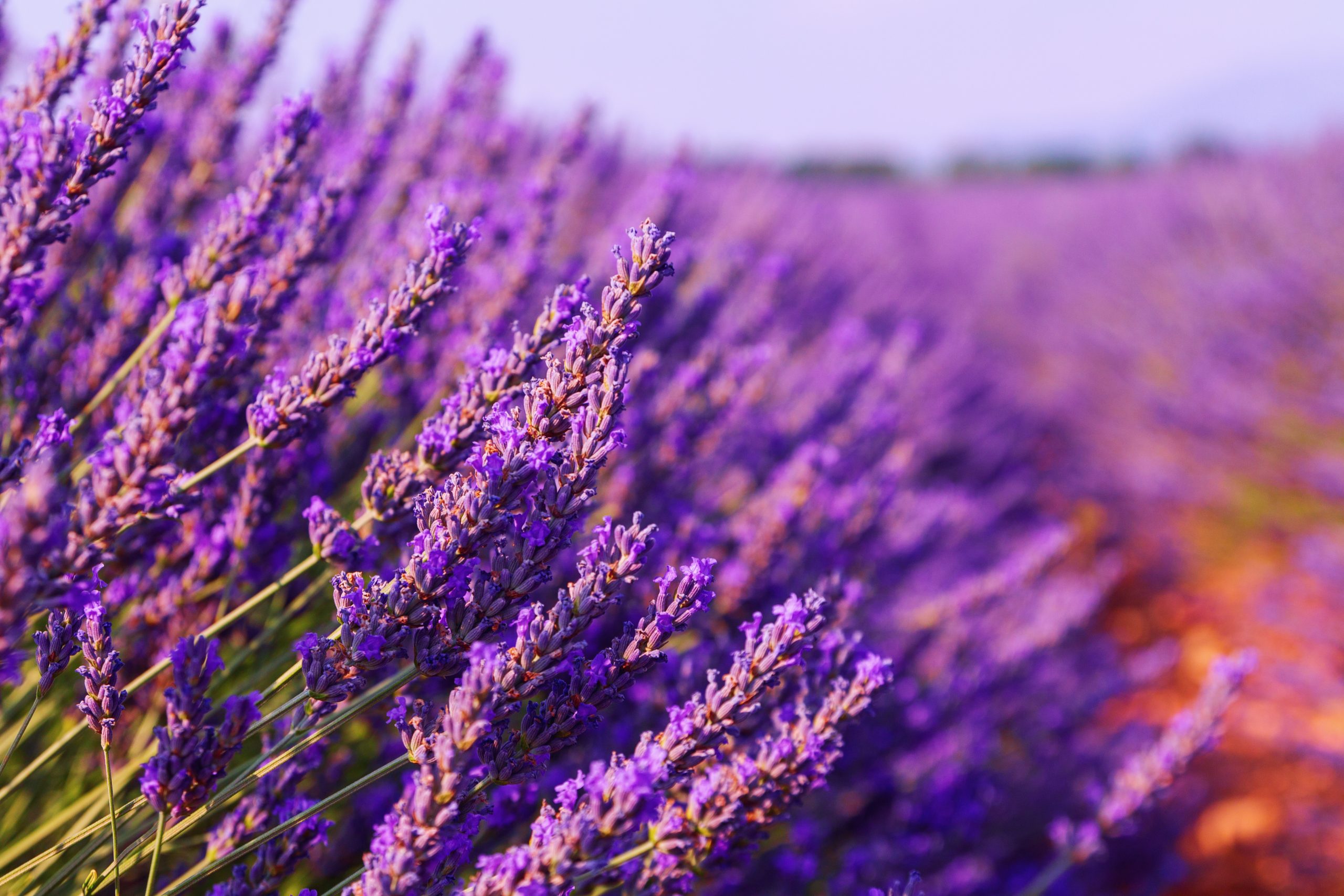
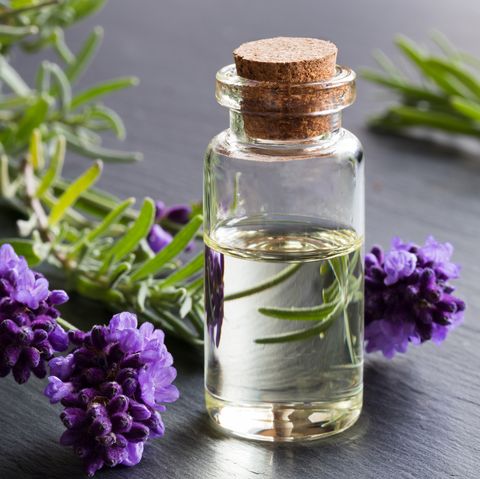
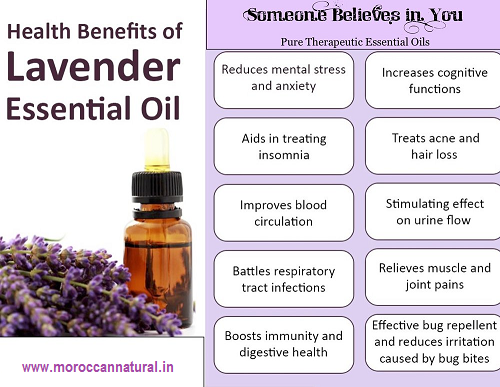
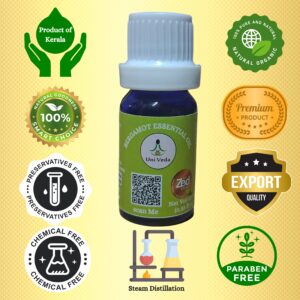
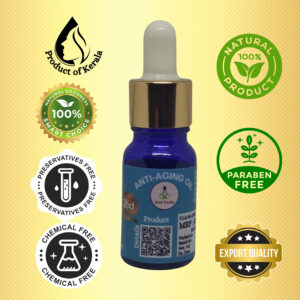
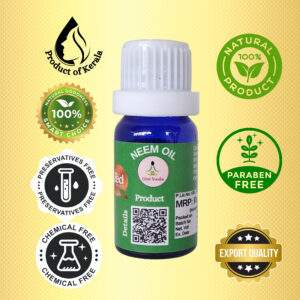
Reviews
There are no reviews yet.